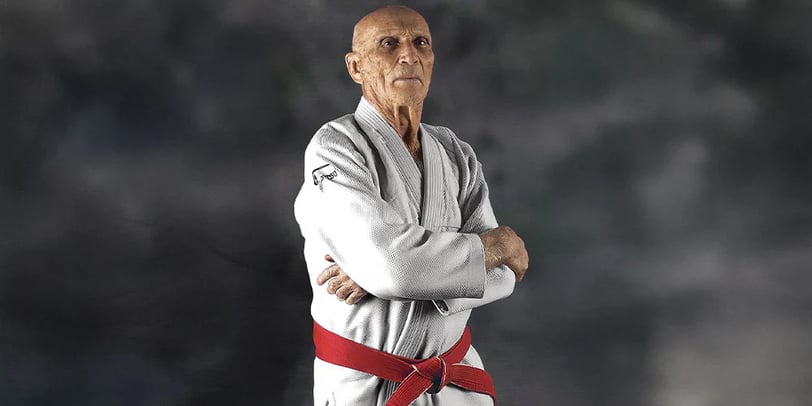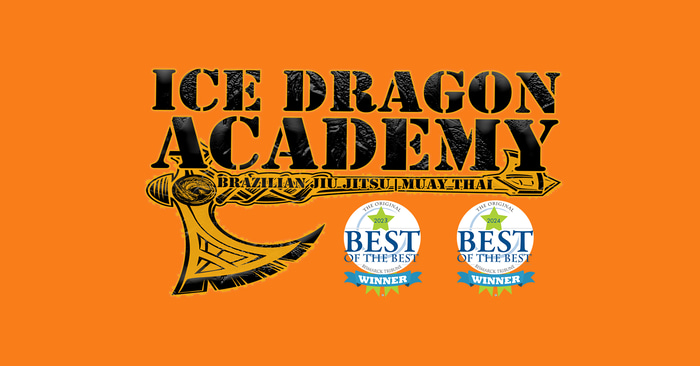The Evolution of Brazilian Jiu-Jitsu: A Journey Through History, Self-Defense, and Health Benefits
5/6/20252 min read


The Rich History of Brazilian Jiu-Jitsu
Brazilian Jiu-Jitsu (BJJ) has garnered significant attention in the martial arts community, celebrated for both its effectiveness in self-defense and its profound health benefits. The origins of BJJ can be traced back to the early 20th century in Brazil, following the arrival of Japanese Jiu-Jitsu and Judo. Influenced predominantly by Mitsuyo Maeda, a skilled practitioner of Judo, the art form was adapted and evolved by the Gracie family, who undertook extensive experimentation to optimize its techniques. Throughout the decade, the Gracies transformed Jiu-Jitsu into a practical system suitable for combat, leading to the development of their own unique style.
Self-Defense Benefits of Brazilian Jiu-Jitsu
The primary appeal of Brazilian Jiu-Jitsu lies in its practicality when it comes to self-defense. Unlike many martial arts that prioritize striking techniques, BJJ focuses on ground fighting and submission grappling. This makes it invaluable for individuals of all physical sizes and strengths. The core philosophy of BJJ is to utilize leverage and technique to control an opponent, enabling even smaller practitioners to defend themselves effectively against larger aggressors. Training in Brazilian Jiu-Jitsu equips students with various skills, such as joint locks and chokeholds, allowing them to neutralize threats without relying solely on brute strength. Thus, BJJ serves as a comprehensive self-defense system that can be adapted to real-life situations.
The Health Benefits of Practicing Brazilian Jiu-Jitsu
Engaging in Brazilian Jiu-Jitsu is not only beneficial for personal safety but also offers numerous health advantages. Physical training in BJJ typically encompasses cardiovascular workouts, strength conditioning, and flexibility training. Practitioners often experience improved endurance, enhanced muscle tone, and greater range of motion, which can contribute to an overall increase in fitness levels. Furthermore, the mental aspects of Brazilian Jiu-Jitsu cannot be understated. The art requires focus, discipline, and strategic thinking, which can significantly reduce stress and aid in mental clarity. Participants frequently report improvements in mental health, including boosted self-esteem and heightened confidence.
In summary, the history of Brazilian Jiu-Jitsu is deeply embedded within the cultural tapestry of martial arts. Its evolution reflects a blend of techniques adapted for effective self-defense while promoting physical wellness. As more people discover the profound benefits of this martial art, both in terms of personal safety and overall health, the legacy of Brazilian Jiu-Jitsu continues to thrive. Whether one aims to enhance self-defense capabilities or embrace a healthier lifestyle, BJJ offers a unique and fulfilling journey to those willing to train.
